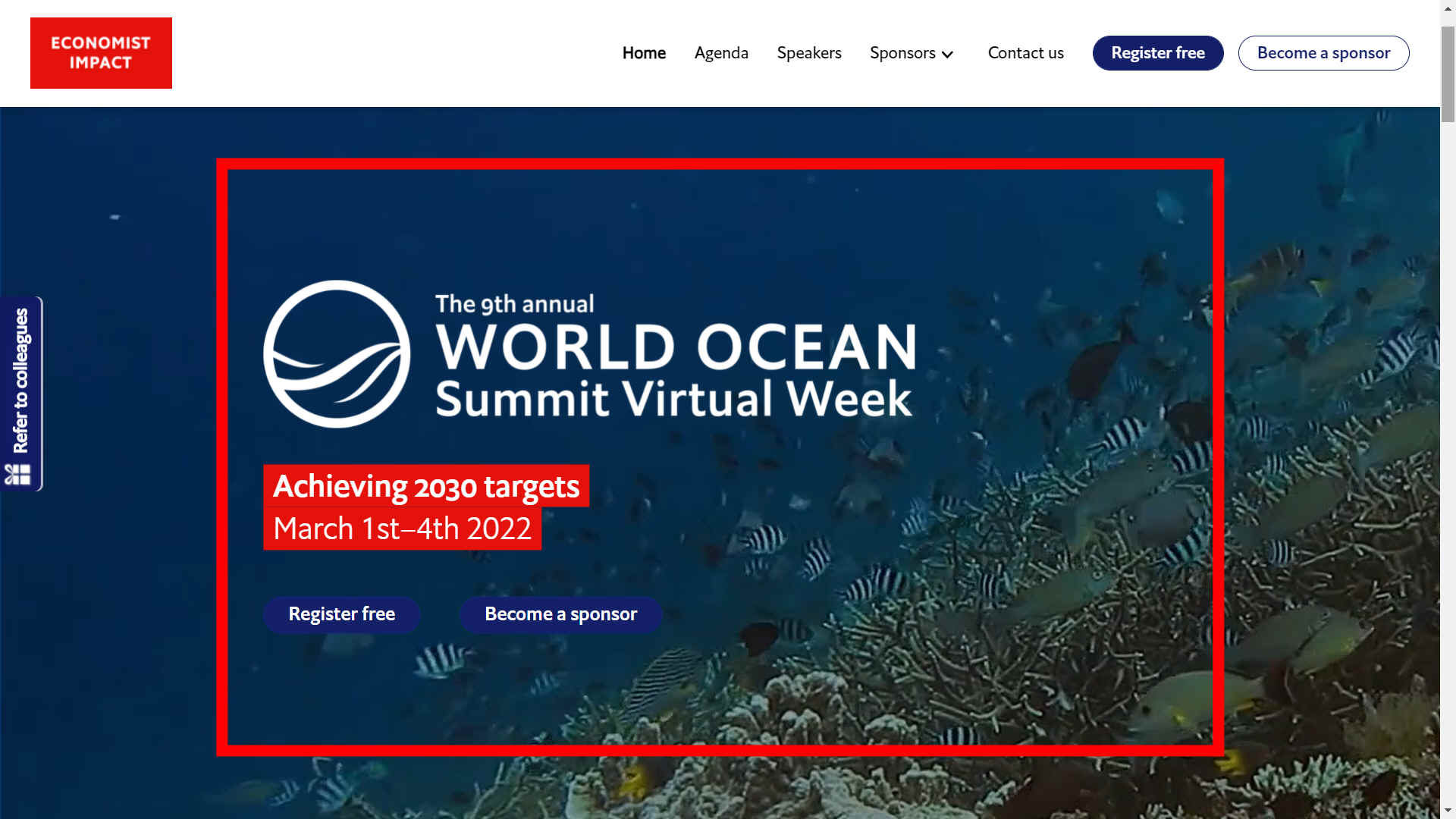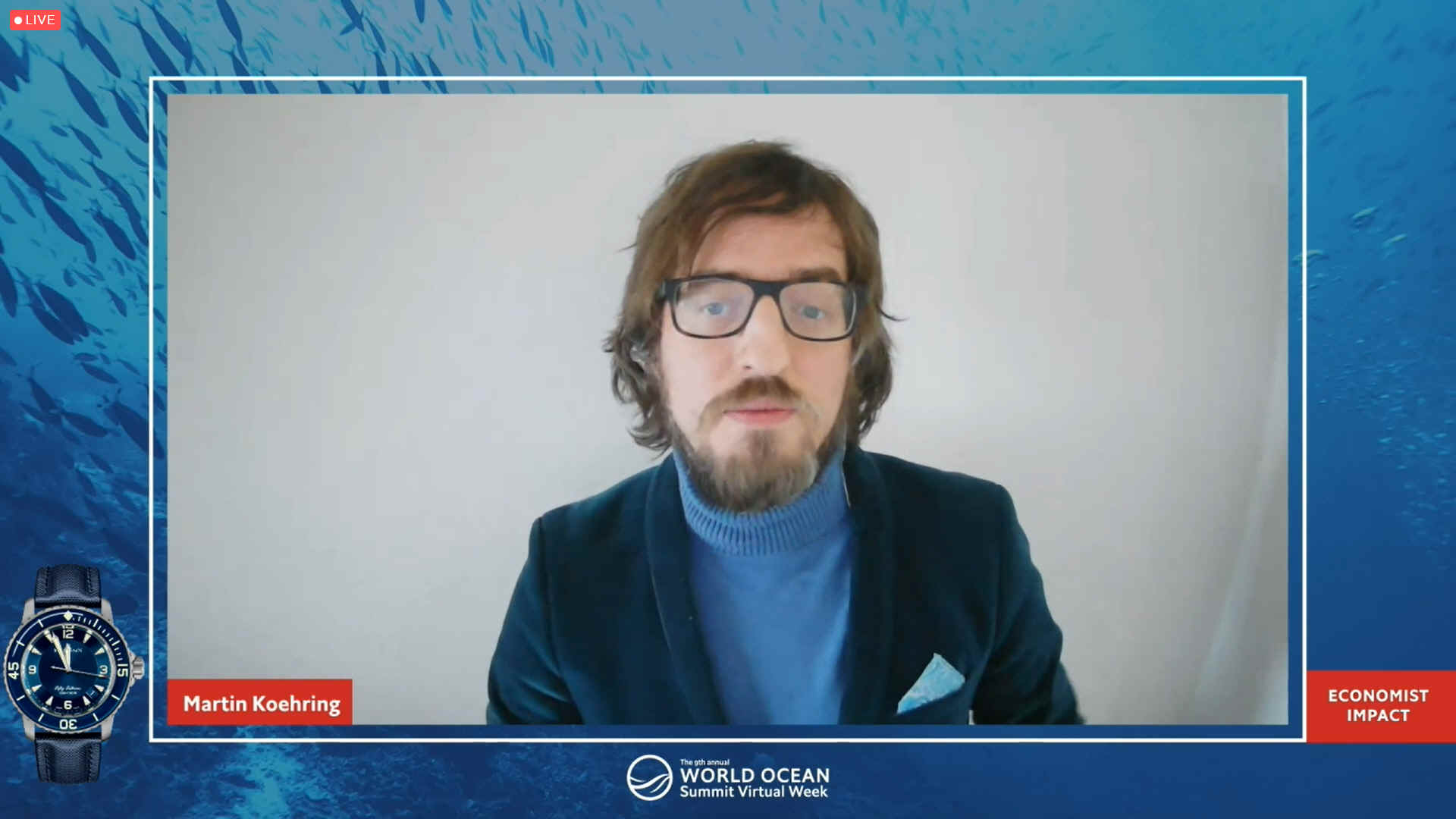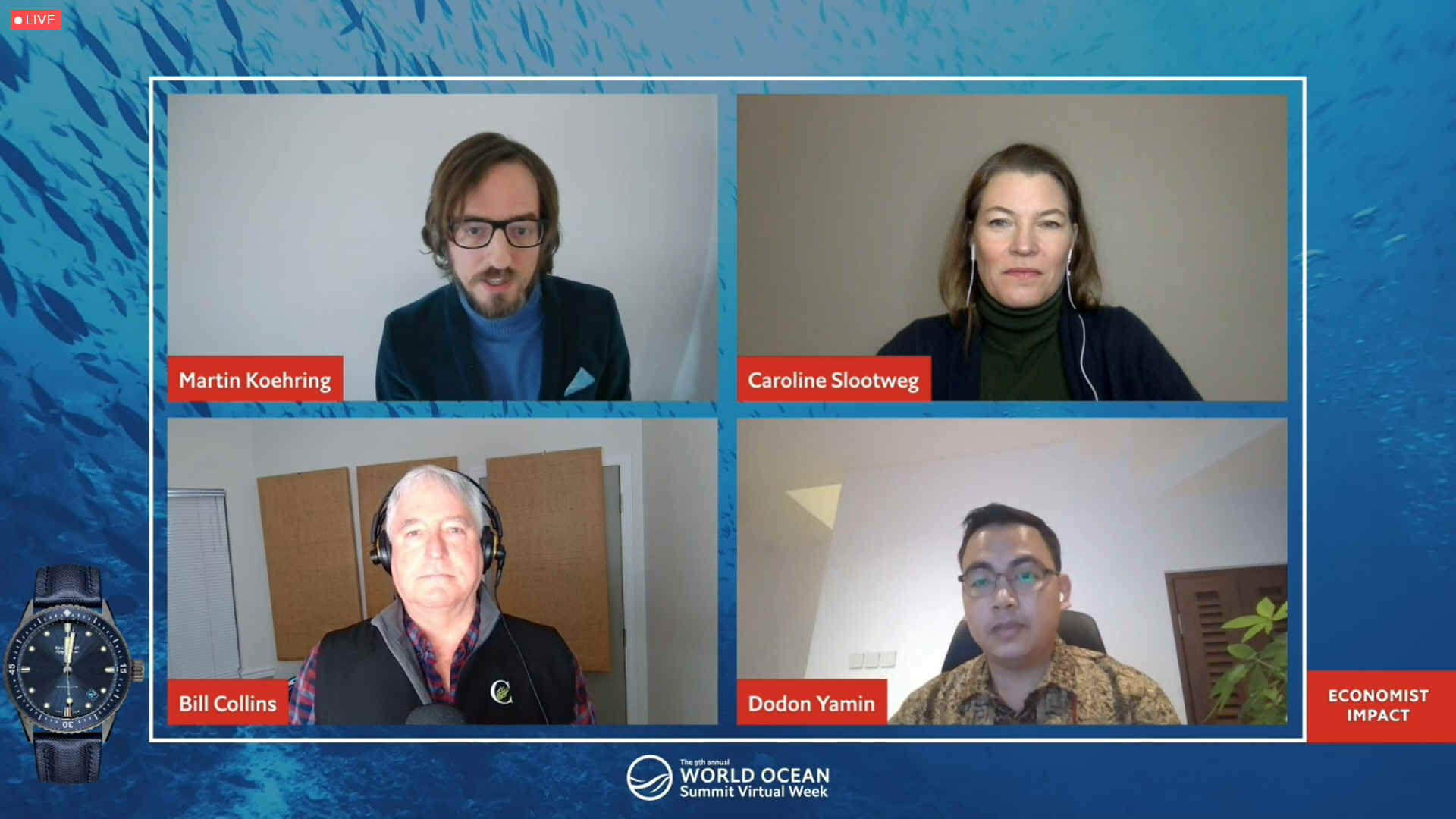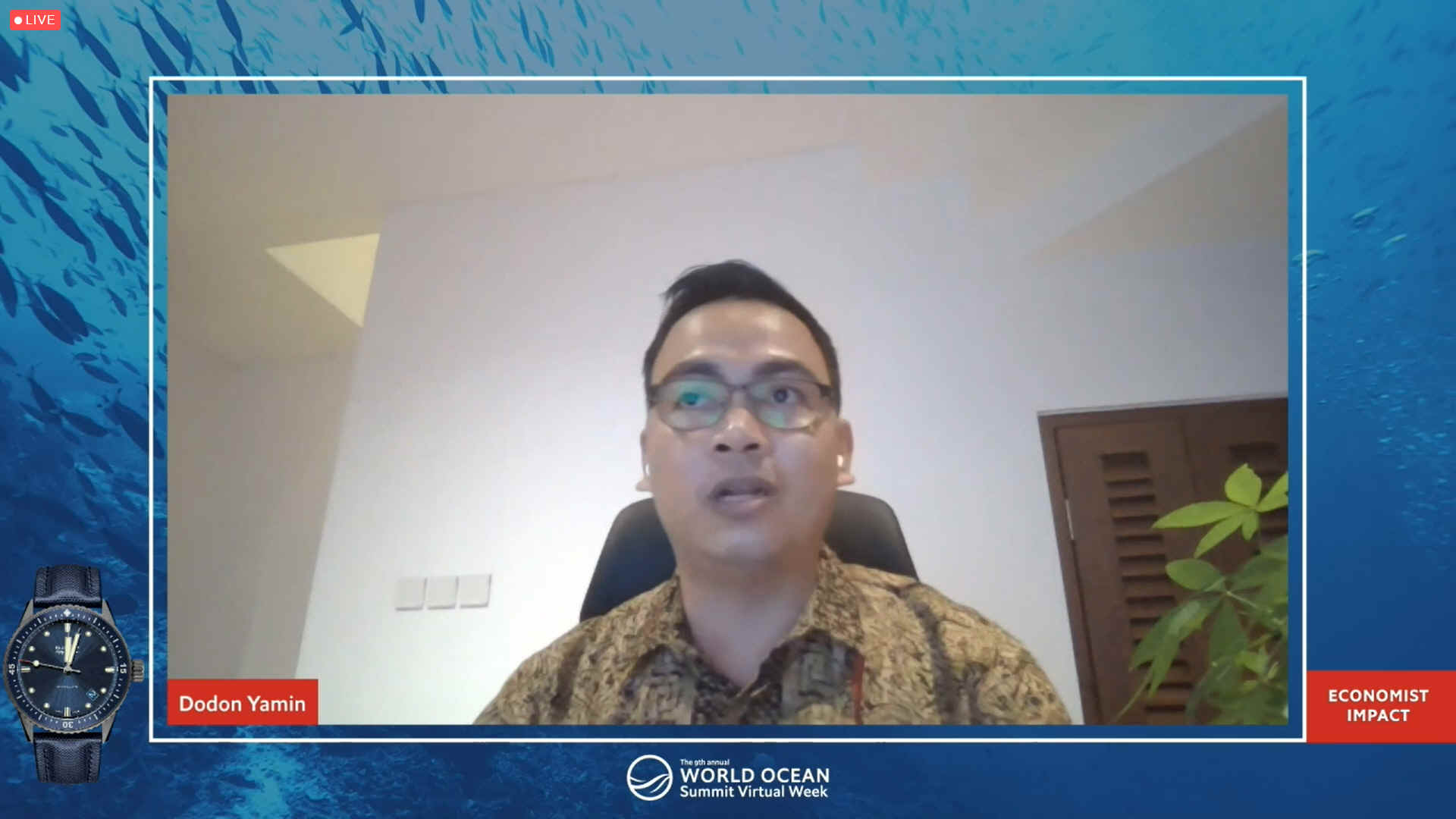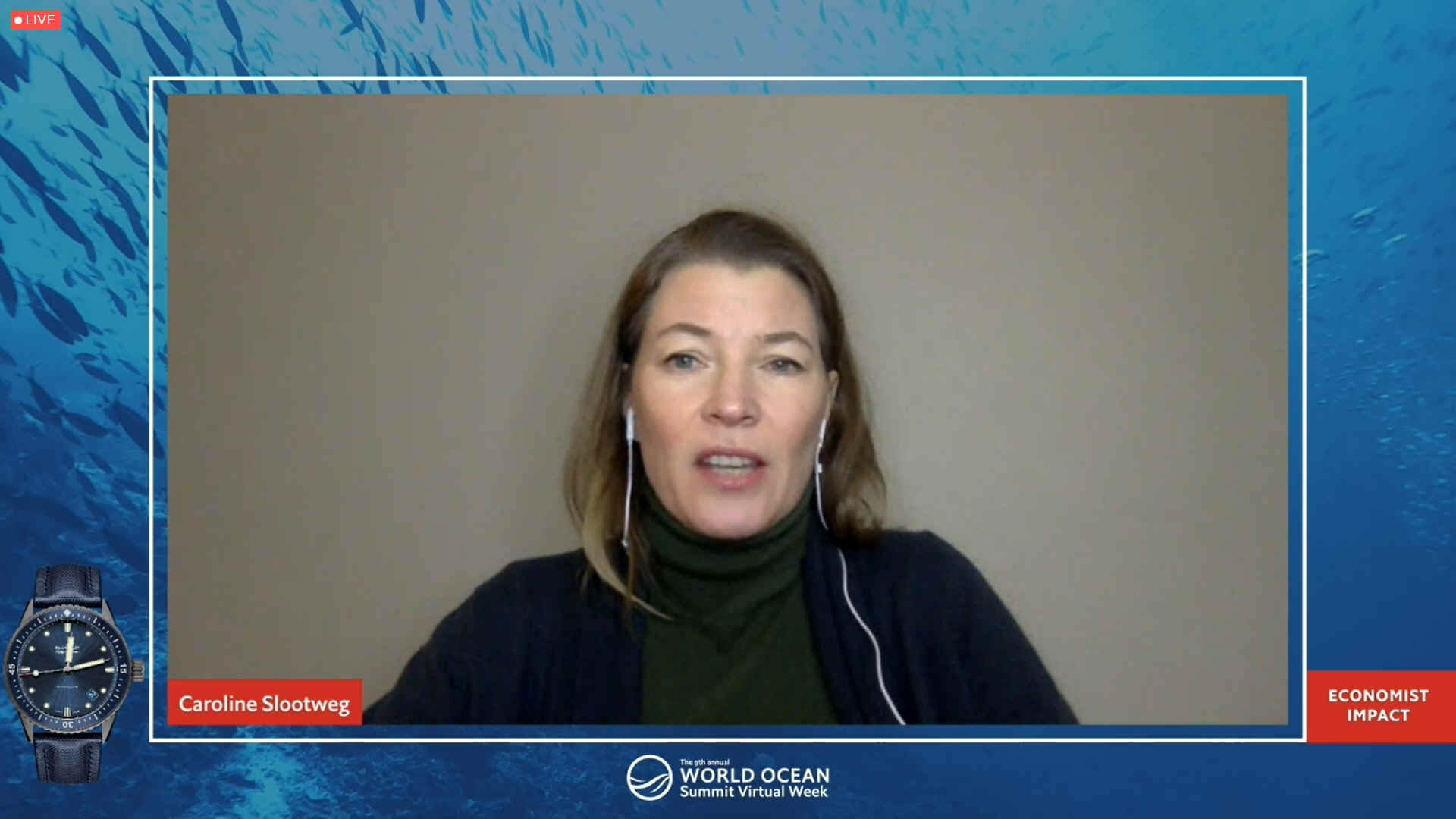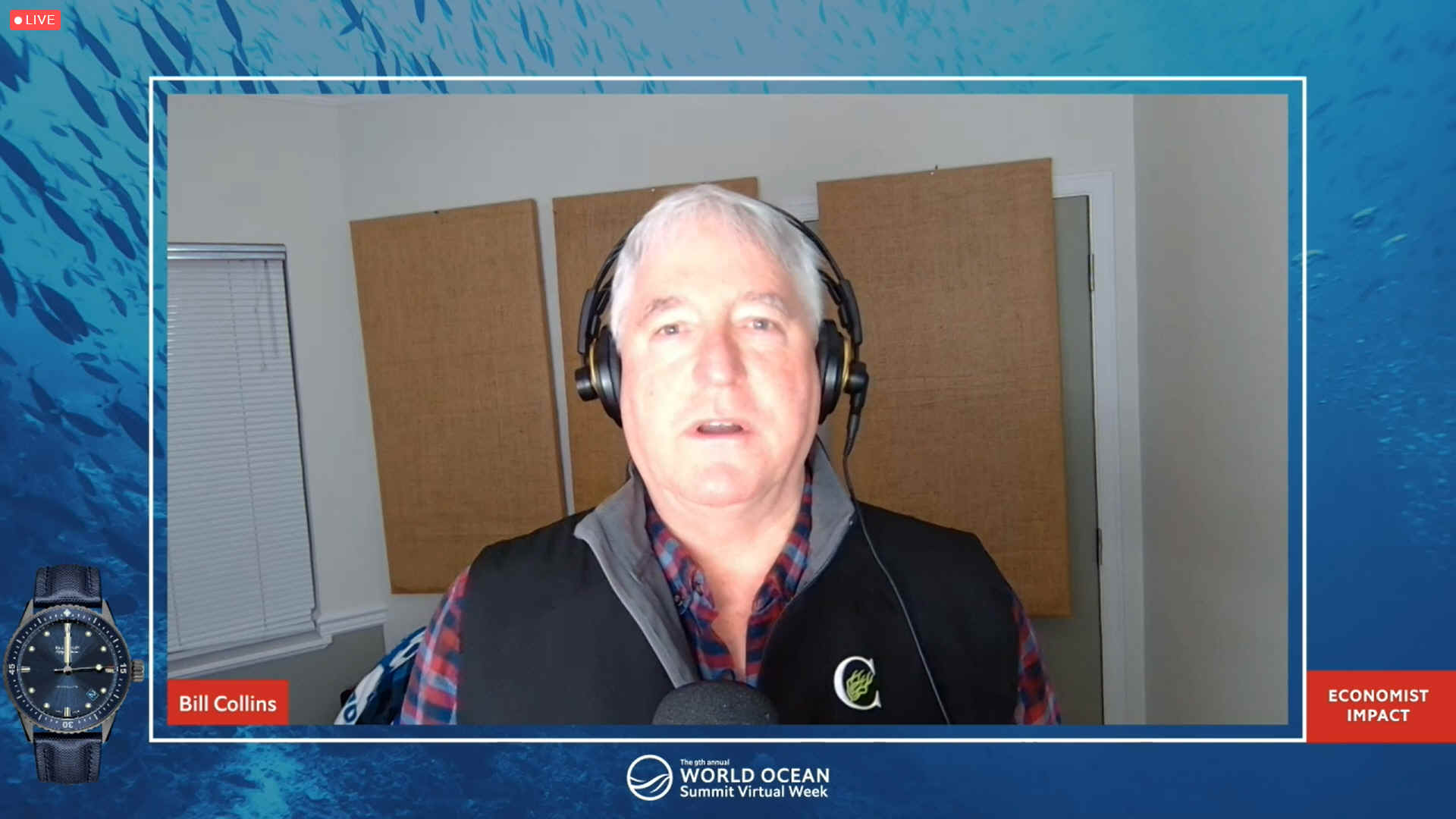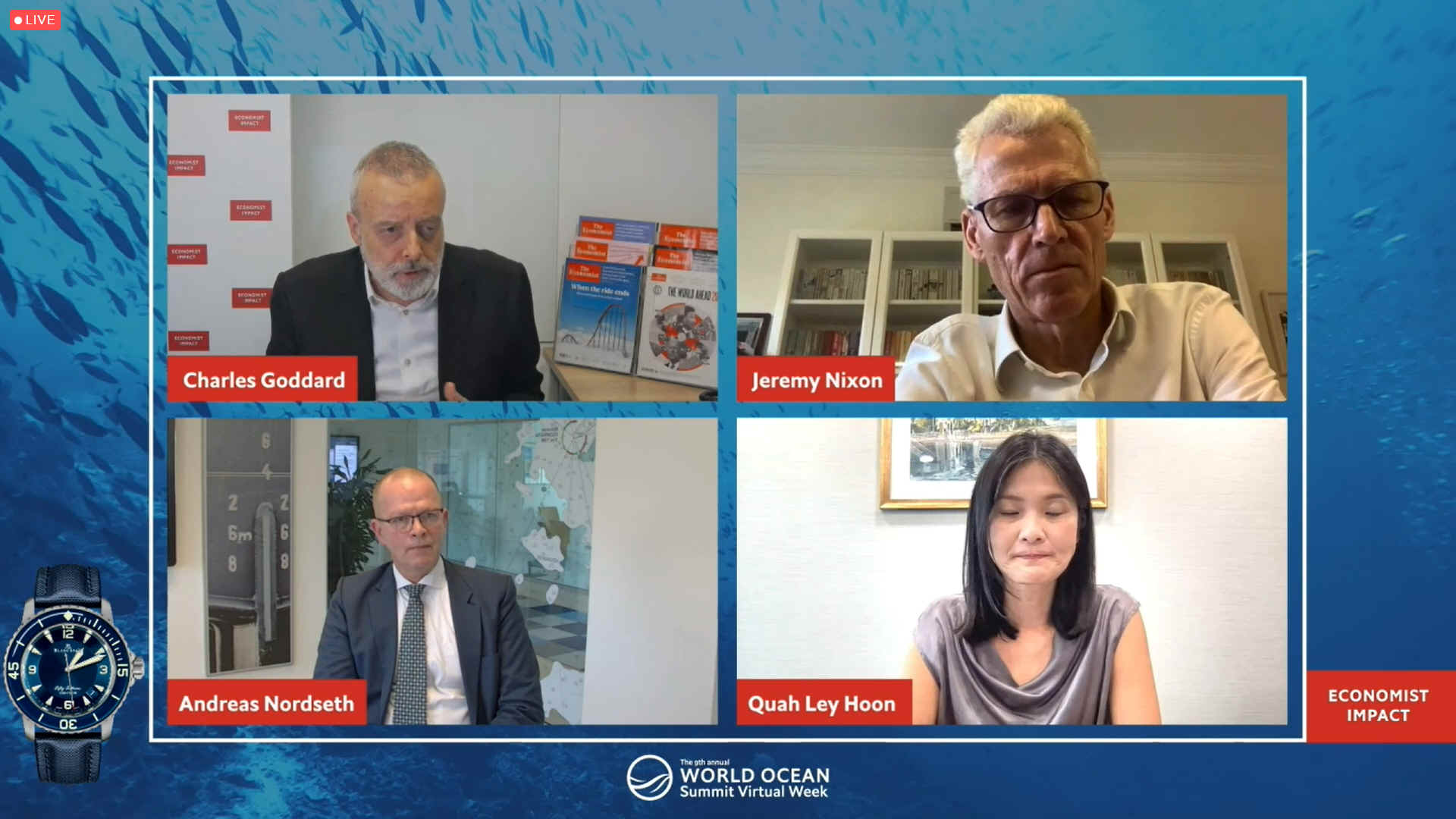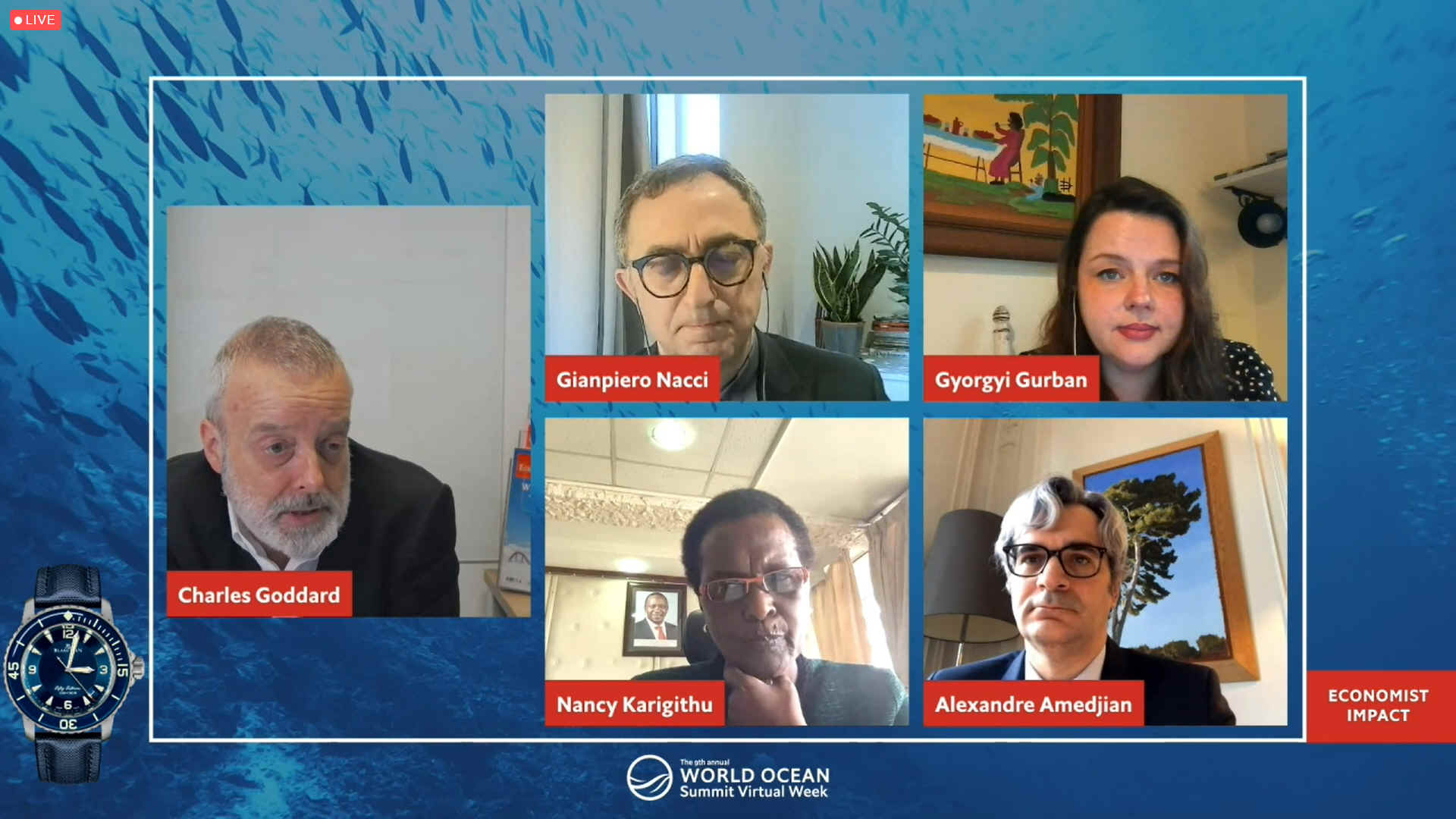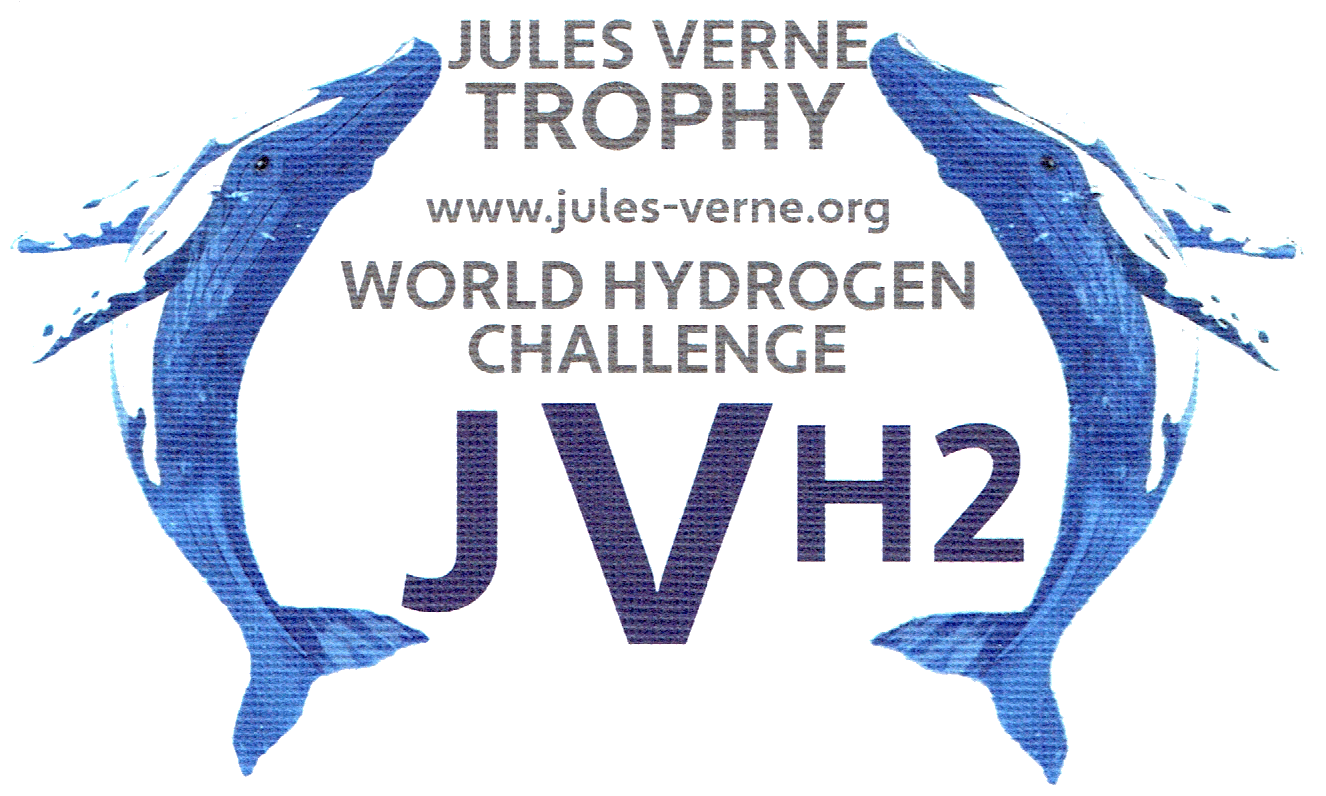|
SEAWEED - 9th ANNUAL WORLD OCEAN SUMMIT 2022
PLEASE USE OUR A-Z INDEX TO NAVIGATE THIS SITE, OR RETURN HOME
|
|
|
|
WEDNESDAY
2nd MARCH 2022
Of
course you need the space offshore to be able to farm from the seafloor,
together with support for growing crops, and engineering challenge, where
most cultivation is some miles offshore.
Martin Koehring is senior manager for sustainability, climate change and natural resources at Economist Impact (part of The Economist Group). He leads Economist Impactís sustainability-related policy and thought-leadership projects in the Europe, Middle East and Africa region. He is also head of the World Ocean Initiative, inspiring bold thinking, new partnerships and the most effective action to build a sustainable ocean economy. Mr Koehring serves on the Advisory Committee for the UN Environment Programmeís Global Environment Outlook for Business and is a faculty member in the Food & Sustainability Certificate Programme of the European Institute for Innovation and Sustainability.
The 9th annual World Ocean Summit will feature six industry tracks focusing on:
The general consensus is that kelp farming is beneficial for the planet.
Dodon Yamin is managing director of MARI Oceans Indonesia, a community-based seaweed-farming company providing technical, organisational and financial support to seaweed farmers in South Sulawesi and throughout Indonesia. Adopting effective business models for sustainable seaweed with transparent principles and environmentally friendly methods, MARI optimises aquaculture value chains for the benefit of coastal communities. Mr Yamin develops and oversees the companyís business design and implementation, collaborating with partners locally and internationally. He brings extensive experience of operational delivery, community development and research to the growing Indonesian sector.
Caroline Slootweg Entrepreneur, C0-founder Kelp Blue. Multi-national background with 20+ years in corporate and start-ups. Worked in London, Bangkok, Singapore, Amsterdam and now in Namibia. Focused on keeping the Kelp Blue team laser focused on outcomes and delivering results quickly. Avid sailor and keen forager.
Billís career spans almost 40 years and evolved from success in international science to success in business. Bill was trained as a geologist and received a Master of Science degree from Memorial University. Since moving to the Victoria area in 1994 Bill has been responsible for bringing a locally invented sonar system to the world stage including sales to more than twenty navies and government institutions. As part of the ownership group of an award-winning high tech company, Bill has filled many corporate roles including M&A activities. Bill has a passion for creating and executing sound business plans and a strong belief in Vancouver Island business growth opportunity.
What is the big picture for ocean regeneration, and how can collaboration between governments, industry, investors, scientists and NGOs bring it about? These sessions will outline International expertise, ambition and new strategies to restore ocean health.
The
global seaweed biomass is at risk from climate change, ocean
acidification and warming. But could be used to help reverse the damage
we are causing.
Charles Goddard imagines and builds the Groupís flagship initiatives, the purpose of which is to catalyse progress on key issues of the day. He works closely with partners on themes ranging from ageing and longevity to ocean health, focusing particularly on healthcare, the Anthropocene and the blue economy. Based in Hong Kong, Charles was previously editorial director, Asia, at the Economist Intelligence Unit, director of research in Asia, and managing director of the Economist Corporate Network, a peer network for senior executives. He is concurrently executive director of the Groupís World Ocean Initiative.
The panel of speakers Tuesday 1st March 2022, provided some very interesting aspects of financing the change to zero carbon shipping, where it is by no means clear what fuels will prevail, and how aggressive the IMO will be in setting targets. Concessional finance might include a tie in with carbon taxes and R&D innovation funding - or even scrappage. z
CONTACTS
|
|
LINKS & REFERENCE
https://events.economist.com/world-ocean-summit/
|
|
|
|
|
|
PLEASE USE OUR A-Z INDEX TO NAVIGATE THIS SITE
This website is provided on a free basis as a public information service. copyright © Cleaner Oceans Foundation Ltd (COFL) (Company No: 4674774) 2022. Solar Studios, BN271RF, United Kingdom. COFL is a company without share capital whose founding objects are charitable, being not-for-profit.
|
